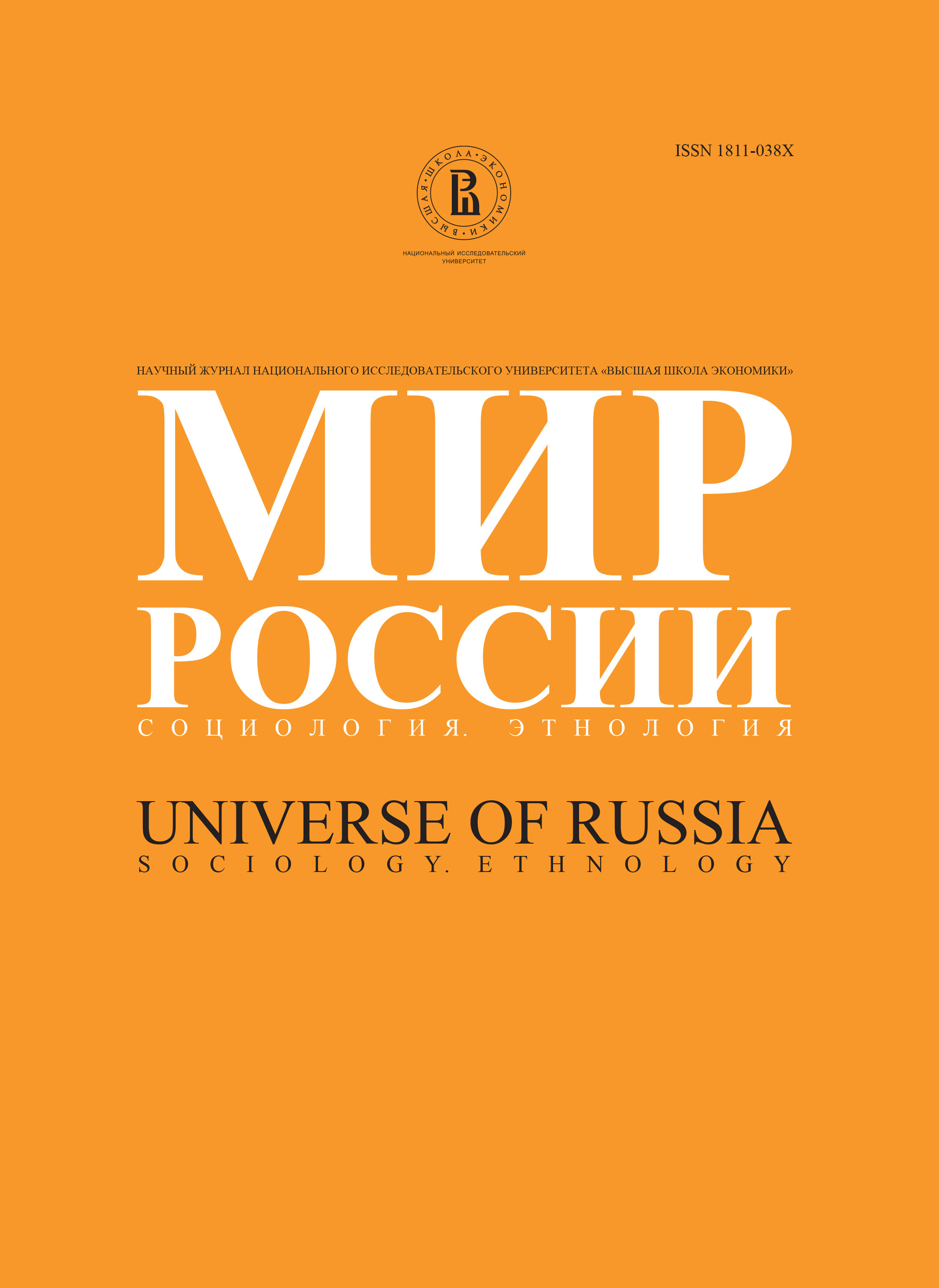Download data is not yet available.
Published
2010-12-31
How to Cite
ПерепелкинЛ. С. (2010). Origins Of Ethnic Conflict in Tataria. Universe of Russia, 2(1), 91-112. Retrieved from https://mirros.hse.ru/article/view/5541
Issue
Section
Untitled section
Language

СONSTITUTOR
National Research University Higher School of Economics (NRU HSE)
Editor-in-chief
Doctor of Sciences, Professor, HSE
Svetlana Barsukova
Deputies Editor-in-Chief
Doctor of Sciences, Сorresponding Member of the Russian Academy of Sciences, Director, FCTAS RAS
Mikhail Chernysh
Candidate of Sciences (PhD), Research Associate, Institute of Sociology and Social Psychology, University of Cologne, Germany
Gordey Yastrebov
ISSN 1811-038X (Print)
ISSN 1811-0398 (Online)
CONTACTS:
Address:
101000, National Research University
Higher School of Economics (HSE)
bld. 4, 13, Myasnitskaya St., Moscow,
101000, Russian Federation
Tel:
(495) 772-95-90 *118-82, *118-83
E-mail:
mirros.info@gmail.com
© HSE, 1992–2023





